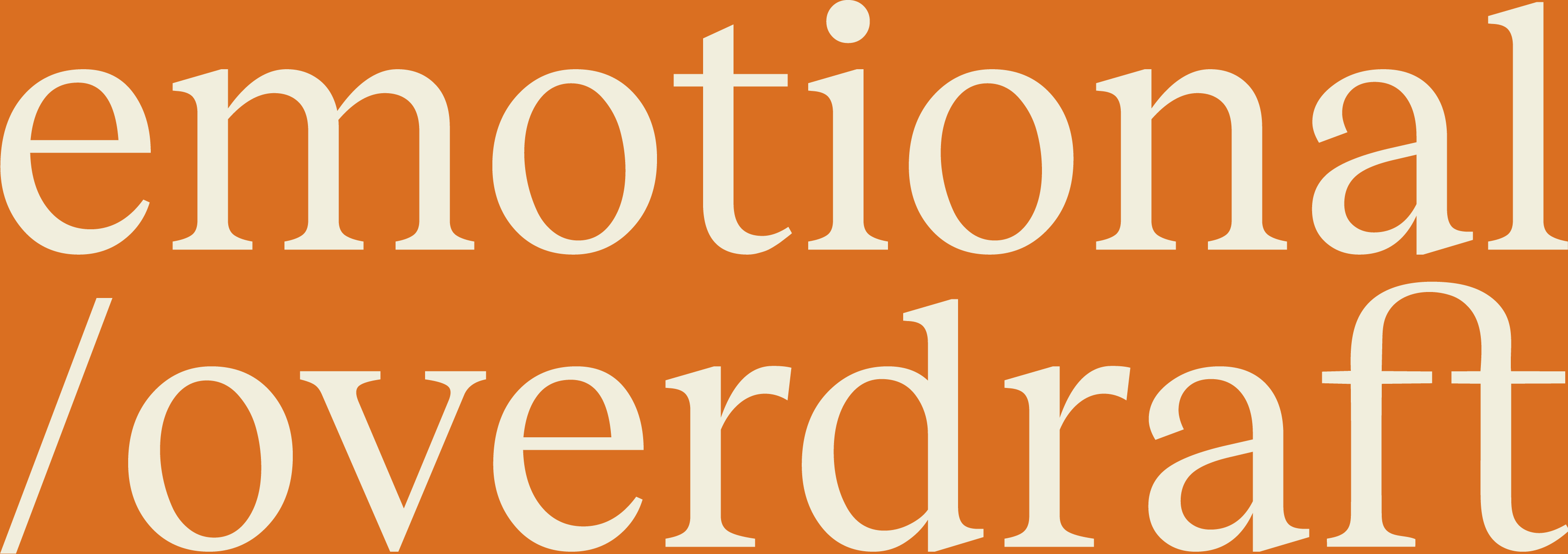Navigating difficult conversations without causing conflict is an essential skill, but it’s easier said than done. I read a piece from Team Sterka – a business that supercharges client interactions through their People Skills As A Service® programme – that struck a chord.
They said: be assertive, but don’t be aggressive. This simple yet powerful distinction is especially important in situations where tensions are high, and outcomes matter.
Why Assertiveness Matters
Being assertive, as Team Sterka suggests, involves
- listening first
- understanding the other person’s perspective
- then clearly stating your own position without imposing it.
This approach not only preserves respect but also builds it. When you listen first and then express your own needs or beliefs calmly, you show that both perspectives are valid. This doesn’t mean you agree with everything, but it does mean you’re respecting the process of reaching a solution together.
In my work with leaders, particularly around the concept of emotional overdraft, I’ve seen how critical this balance is. Leaders and client-facing professionals often fall into one of two traps: they either avoid conflict by yielding too much or come on too strong, trying to control the outcome. Both extremes lead to stress, and that’s where the emotional overdraft begins to accumulate.
The beauty of assertiveness is that it allows you to stay firm without being forceful, be clear without being combative. As Team Sterka wisely notes, “Assertiveness can build respect and achieve better outcomes.” And that’s where the emotional benefits really kick in.
The Difference Between Being Kind and Being Nice
In the context of assertiveness, it’s essential to understand the difference between being kind and being nice. Many people confuse the two, but the distinction is crucial when managing difficult conversations.
- Being nice often means avoiding conflict, keeping everyone happy, and prioritising harmony over honesty. It’s about saying what people want to hear, even if it means compromising your own position.
- Being kind, on the other hand, is about honesty and respect. It’s rooted in genuine care for the other person’s well-being but also acknowledges the importance of your own boundaries and values. Kindness is being clear, even when it’s uncomfortable, and offering constructive feedback that helps both parties grow.
When leaders focus on being nice at the expense of their own needs or the bigger picture, they often find themselves in a cycle of emotional overdraft. They sacrifice long-term outcomes for short-term peace. Being kind, by contrast, allows you to handle tough conversations in a way that is honest, respectful, and assertive—without slipping into aggression.
The Emotional Toll of Conflict Avoidance and Aggression
Here’s the link to emotional overdraft: when we lean too much towards conflict avoidance by being “nice,” we often suppress our own needs. Over time, this erodes our confidence, strains relationships, and chips away at our emotional resilience. On the flip side, being overly aggressive—always pushing for control or imposing our views—can lead to isolation, burnout, and a culture of fear.
Practical Steps to Build Assertiveness
Drawing on Team Sterka’s fantastic advice, here are a few practical steps to help you navigate tough conversations without dipping into your emotional overdraft:
- Listen First: Before you make your point, ensure you fully understand the other person’s position. This not only builds rapport but also reduces the likelihood of escalating conflict.
- Reflect Back: Paraphrasing their perspective shows that you’ve understood their concerns. This can defuse tension and create a sense of mutual respect.
- State Your Beliefs: Clearly and calmly express what you believe and what outcome you desire. Avoid trying to dominate the conversation, but don’t compromise on your core position.
- Stay Firm, Not Forceful: Don’t impose your way of thinking, but stay committed to reaching a resolution that works for both parties.
These steps are simple but incredibly powerful. Assertiveness is about creating space for both perspectives while remaining steadfast in your own values and goals.
By learning to manage difficult conversations effectively, you reduce the likelihood of burning out or falling into an emotional overdraft. You’ll be better equipped to maintain your well-being while achieving better results for your team and clients.
So, next time you find yourself in a tough conversation, remember be kind, not just nice; stay strong, stay assertive, and protect your emotional balance.
Andy

